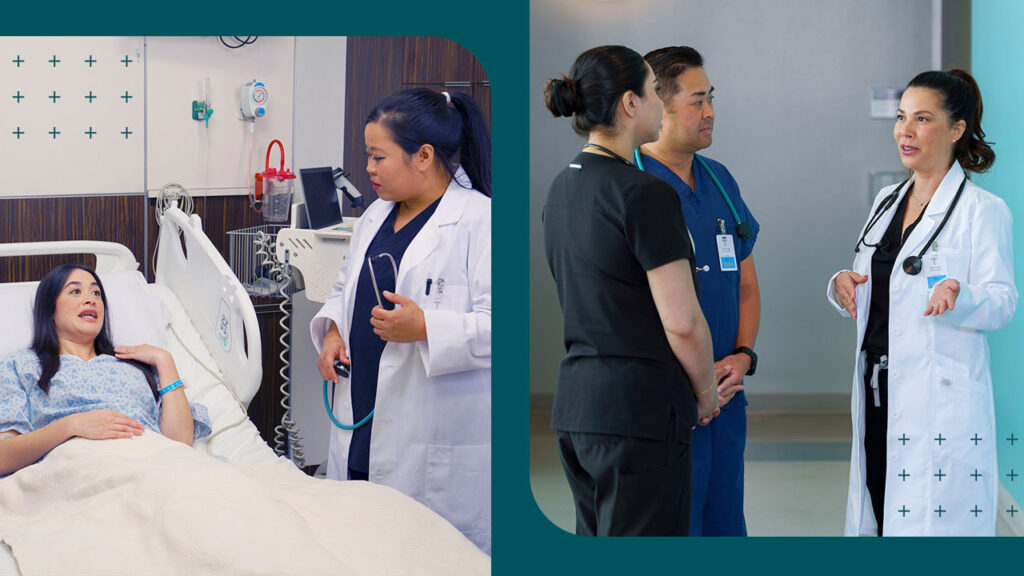There is a perception that medical industry jobs are only those that make you part of the medical staff – such as doctors and nurses. However, there is a whole host of non-clinical healthcare careers to choose from as well. These careers offer the same level of job satisfaction, and are interesting in their own right.
There are several reasons why non-clinical medical professions are great career options for students looking to plan their future careers:
- Demand – There is going to be a greater demand for all kinds of medical careers. As the Bureau of Labor Statistics (BLS) reports, “Employment of healthcare occupations is projected to grow 18 percent from 2016 to 2026, much faster than the average for all occupations, adding about 2.4 million new jobs.”
- Limited Patient Interactions – Not everyone is cut out for, or comfortable dealing with sickness, injury and disease on a daily basis. For those not looking for a hands-on vocation in healthcare, but still hoping to lend a helping hand by entering the world of medicine, non-clinical medical careers are the perfect solution.
- Course Length – The general opinion about medical careers is that the training period to qualify for one is a long, intense road. While this may be true for core clinical careers, it is not necessarily the case for non-clinical medical professions.
Opting for a non-clinical career clearly comes with its fair share of benefits. Here are some popular non-clinical healthcare careers for your consideration.
- Healthcare Administrator – A vocation in healthcare management is one that involves taking on administrational and supervisory roles in healthcare institutes, clinics, or specific departments. Responsibilities include shaping policies, improving facilities and services, planning programs and budgets, human resource management and more. As per the BLS, the vocation is expected to grow by 20 percent from 2016-2026. Our Master of Healthcare Administration degree is a focused online program that prepares you for a leap into healthcare leadership with the right educational qualifications for the field.
- Public Health Worker – A public health worker, also known as a community health worker is someone who works in hospitals, federal set-ups or public health organizations to instill wellness practices and encourage healthy living among communities. The 2017 median pay for this vocation was $45,360 annually, and the expected growth for the 10-year period ending 2026 is 16 percent. You can explore our Masters of Public Health Online Program to find out how to get started in this vocation, and learn how to:
- Identify, investigate and help handle community health hazards.
- Plan action to address health concerns.
- Help draft and enforce policies and laws focused on health issues.
- Ensure the availability of health services for all.
- Informatics Nurse – One of the more popular non-clinical nursing careers, a job in nursing informatics involves using science, analysis techniques, data management and more to help develop the field of nursing and the way it is approached. An MSN degree in Informatics introduces students to concepts like information systems in healthcare, electronic health records, ethics and legalities of tech usage in healthcare, patient confidentiality and clinical data management.
According to the Healthcare Information and Management Systems Society (HIMSS) survey for 2017, nearly half the nursing informatics professionals polled indicated that they earned more than $100,000 annually. For those looking to enter this field and lead in healthcare innovation with insights, we offer a Master of Science in Nursing Informatics program that can be taken online.
As these examples illustrate, vocations in the medical industry go far beyond the usual clinical positions. These non-clinical healthcare careers are fast growing, pay well, and require no hands-on administration of treatment or clinical interactions with patients. They integrate knowledge of the healthcare fields with the business, administrative and service side of caregiving to prepare the learners for leadership roles in the healthcare community.
WCU provides career guidance and assistance but cannot guarantee employment. The views and opinions expressed are those of the individuals and do not necessarily reflect the beliefs or position of the school or of any instructor or student.


